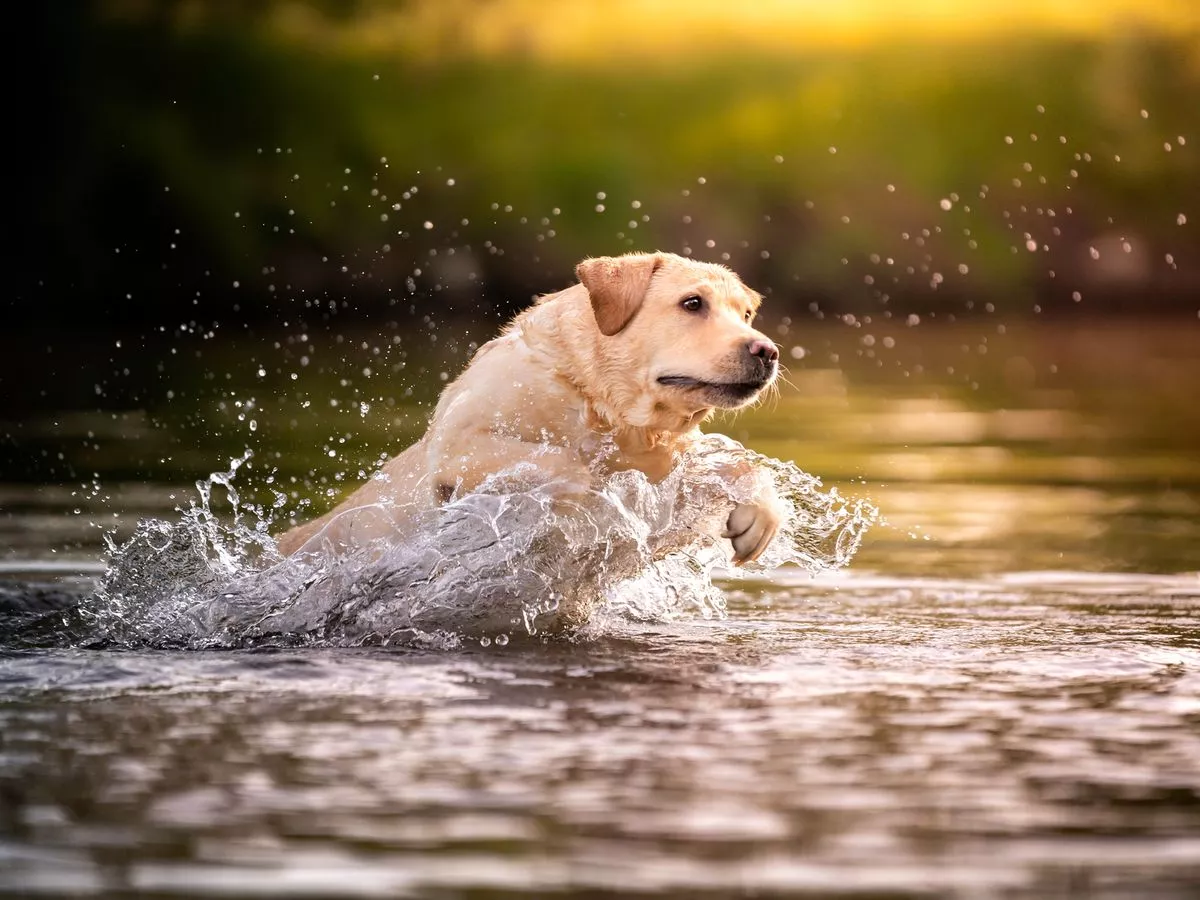Copyright dailypost

Nationwide sampling of Welsh rivers has revealed that pet owners are partly responsible for poor water quality. A cocktail of 20 chemicals found in sampling found high concentrations of the insecticide imidacloprid, which is used in spot-on flea and tick treatments for pets. The latest Great UK WaterBlitz, which took place in September, saw volunteers test 208 freshwater sites in Wales. By region, those in northeast Wales were rated worst for water quality, though the country’s rivers generally fared better than those in England and Scotland. As well as nitrates and phosphates - typically originating from sewage discharges, agricultural run-off and domestic sources – Imperial College London also analysed water samples for chemicals. Every single one was found to contain chemical pollution. Imidacloprid was at concentrations posing the highest risk to aquatic invertebrates, according to Earthwatch Europe. Usually the insecticide enters waterways through domestic wastewater from bathing treated pets and owners washing their hands. It also gets into river systems contaminated fabrics and surfaces are cleaned – and when dogs take a tip. All outdoor use of imidacloprid has been banned in the UK and EU since 2018 due to concerns about its harmful effects on bees and other pollinators. Dr Sasha Woods, director of science and policy at Earthwatch Europe, said: “Wales is leading the way in nutrient pollution control compared to other UK nations, which shows what’s possible with proper land and water management. Join the North Wales Live Whatsapp community now “However, our findings show that even Wales’s rivers aren’t safe from the hidden threat of chemical pollution. The imidacloprid findings are deeply alarming. Aquatic invertebrates are the foundation of freshwater ecosystems, and their vulnerability to this chemical could have catastrophic consequences.” The analysis also found antibiotics in the UK’s rivers, most commonly sulfamethoxazole, trimethoprim, clarithromycin and sulphapyridine. Two of the most frequently occurring chemicals were natural stimulants, caffeine and nicotine. Illicit drugs including ketamine and benzoylecgonine – a cocaine metabolite – were also prevalent, although at concentrations posing limited risk to aquatic life. Overall, Welsh rivers rated alongside those in Northern Ireland and the UK’s cleanest. By region, those in Gwynedd were found to be the fourth worst polluted of the eight assessed. Mid Glamorgan led the way with 100% good water quality based on 17 measurements. To reduce imidacloprid pollution, people are being asked to “strongly reconsider” all-year-round preventative spot-on treatment for ticks and fleas for their pets. Indoors may not need any treatment while the use of flea combs can help prevent infestations. “Pets who require treatment for infestation should avoid watercourses,” added Earthwatch Europe. Prof Leon Barron, professor of analytical and environmental sciences at Imperial College London, said: “It’s not always something obvious that poses the highest risk in freshwater. “We’ve been tracking a rise in pet spot-on treatments such as imidacloprid in waterways for some time, particularly in urban areas. Sign up for the North Wales Live newsletter sent twice daily to your inbox “Combining the local knowledge of so many people allows us to create a massive snapshot of how big the issue is. Thankfully, there are solutions that can benefit both pet and environmental health.” Find out what's happening near you



